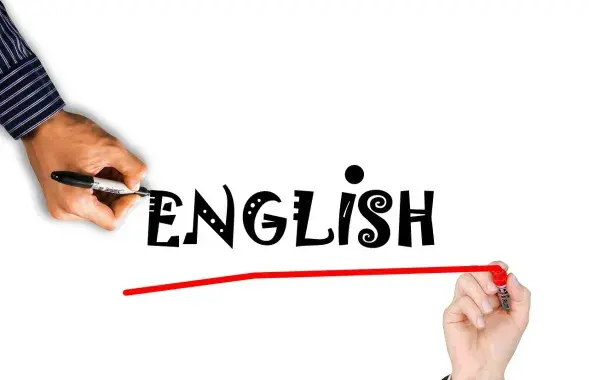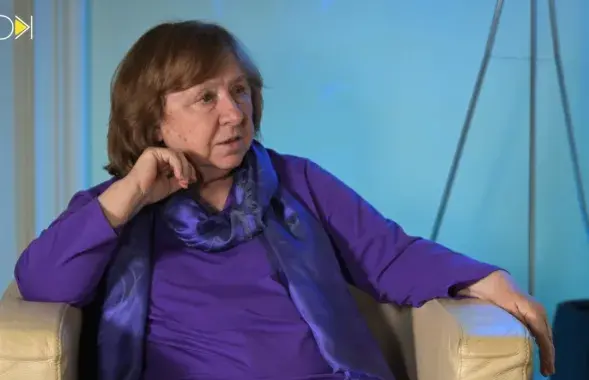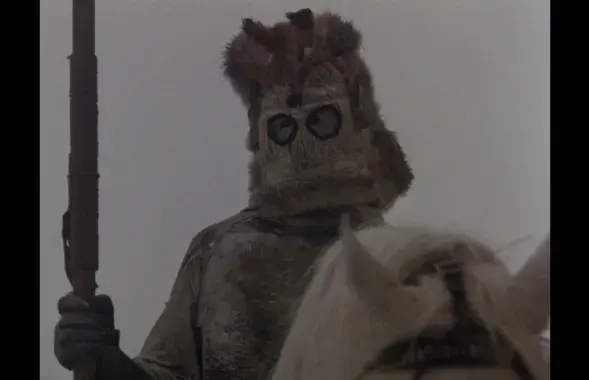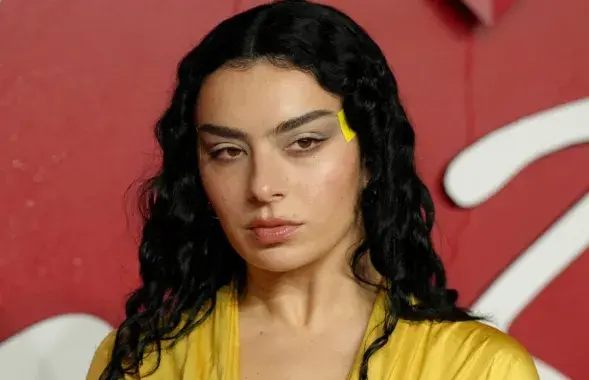Part seven: Private business and state property
We are near the Capitol. We are trying to find a taxi to deliver us to the outskirts of Havana. We have been standing there for quite a while but cars are not stopping.
They have their own routes, explains Adolin. That is why we have to point the direction to them. At the same time, taxi-drivers show their direction to us. We are only talking about private taxis, or just illegal ones.
- It is stupid, says Adolin, - not to give anyone a lift if you have a car of your own.
Private drivers are forbidden to give a ride to tourists. But Cubans take the risk anyway. The five of us got in an old American car. There were three people sitting nip and tuck at the front including the driver. A policeman stopped us. The taxi-driver was saved only because he used to be an agent. It turned out that the car was Fidel’s present. However, he could not survive on his pension and started giving people a lift.
Another interesting conversation took place with another taxi-driver on the following day. He argued with Fernaris about private property. Fernaris said that private property was the motive power of the progress. The driver was worried about his inability to get a flat of his own but kept protecting the idea of state property. In the end Fernaris lost his patience and said: “Even your car can still be driven after 50 years of functioning just because it is your own car!”
The authorities understood that the economy could “get the chop” and allowed Cubans to organize private business in 1993 (after two years of the lack of any assistance from the Soviet Union). Thus, artists got the right to work on their own. It became possible to rent flats and run private cafes and restaurants - paladar (however, you are not allowed to put more than six tables there). Private hairdresser’s and lighter workshops appeared at that time.
All licensees for private business were frozen several years later. Those who managed to create their business are still surviving thanks to it. No new entrepreneurs can appear. The Cuban economy is surviving thanks to tourism.
There are still men sitting at small tables and repairing and refilling disposable lighters throughout Havana.
You can still see the difference. The attitude to customers in state restaurants and in a paladar differs greatly. I got poisoned twice in a state restaurant (take your pills with you if you are going to Cuba). The water is dirty there and even if you drink bottled water the food you are served is cooked using dirty water. Restaurants often lack water or ketchup or some other commonplace things.
At the same time, we were served after midnight in a 2-table paladar. It was a room in a private house. Inhabitants of the flat passed us in their pyjamas a few times. You could hear somebody playing dominoes next-door. There were baked bananas and other treats too. Having noticed us listening to the people playing dominoes the hostess said: “They are playing dominoes and drinking rum. What else can Cubans do?”
We paid for that dinner a bit more than for a dinner in a state restaurant. But the dishes were worth it.
Speaking about private flats, you cannot find any in Cuba. You have to apply to the authorities in order to get permission to rent a flat. It is really difficult to get it. However, if you succeed, you will not have to pay much - just 10% of an average wage.
Nothing has been repaired in Havana since the revolution occurred and many houses are falling apart before your very eyes. People from such houses are sent to the outskirts of the city and they live in special dormitories. They are writing appeals and requests…
Whatever it may be, but even cows belong to the state in Cuba! You may be imprisoned for 15 years if you kill a cow. There were 7 million cows and 6 million people on the island in 1995. Now there are 11 million people and 3 million cows. A Cuban must report to the police if a cow dies. They pay a fine if a cow gets stolen. That is why Cubans keep cows in special rooms in their flats.
There was an attempt to interbreed a good breed of Cuban cows with some other breed in the 70s. But the attempt failed. The population of cows decreased greatly. That is why cows are so valuable now. But Cubans risk their freedom and steal cows from the state to sell beef in the black market.
- Nobody cares about it, - says Fernaris. – It is not their property, it is the state’s.
They have their own routes, explains Adolin. That is why we have to point the direction to them. At the same time, taxi-drivers show their direction to us. We are only talking about private taxis, or just illegal ones.
- It is stupid, says Adolin, - not to give anyone a lift if you have a car of your own.
Private drivers are forbidden to give a ride to tourists. But Cubans take the risk anyway. The five of us got in an old American car. There were three people sitting nip and tuck at the front including the driver. A policeman stopped us. The taxi-driver was saved only because he used to be an agent. It turned out that the car was Fidel’s present. However, he could not survive on his pension and started giving people a lift.
Another interesting conversation took place with another taxi-driver on the following day. He argued with Fernaris about private property. Fernaris said that private property was the motive power of the progress. The driver was worried about his inability to get a flat of his own but kept protecting the idea of state property. In the end Fernaris lost his patience and said: “Even your car can still be driven after 50 years of functioning just because it is your own car!”
The authorities understood that the economy could “get the chop” and allowed Cubans to organize private business in 1993 (after two years of the lack of any assistance from the Soviet Union). Thus, artists got the right to work on their own. It became possible to rent flats and run private cafes and restaurants - paladar (however, you are not allowed to put more than six tables there). Private hairdresser’s and lighter workshops appeared at that time.
All licensees for private business were frozen several years later. Those who managed to create their business are still surviving thanks to it. No new entrepreneurs can appear. The Cuban economy is surviving thanks to tourism.
There are still men sitting at small tables and repairing and refilling disposable lighters throughout Havana.
You can still see the difference. The attitude to customers in state restaurants and in a paladar differs greatly. I got poisoned twice in a state restaurant (take your pills with you if you are going to Cuba). The water is dirty there and even if you drink bottled water the food you are served is cooked using dirty water. Restaurants often lack water or ketchup or some other commonplace things.
At the same time, we were served after midnight in a 2-table paladar. It was a room in a private house. Inhabitants of the flat passed us in their pyjamas a few times. You could hear somebody playing dominoes next-door. There were baked bananas and other treats too. Having noticed us listening to the people playing dominoes the hostess said: “They are playing dominoes and drinking rum. What else can Cubans do?”
We paid for that dinner a bit more than for a dinner in a state restaurant. But the dishes were worth it.
Speaking about private flats, you cannot find any in Cuba. You have to apply to the authorities in order to get permission to rent a flat. It is really difficult to get it. However, if you succeed, you will not have to pay much - just 10% of an average wage.
Nothing has been repaired in Havana since the revolution occurred and many houses are falling apart before your very eyes. People from such houses are sent to the outskirts of the city and they live in special dormitories. They are writing appeals and requests…
Whatever it may be, but even cows belong to the state in Cuba! You may be imprisoned for 15 years if you kill a cow. There were 7 million cows and 6 million people on the island in 1995. Now there are 11 million people and 3 million cows. A Cuban must report to the police if a cow dies. They pay a fine if a cow gets stolen. That is why Cubans keep cows in special rooms in their flats.
There was an attempt to interbreed a good breed of Cuban cows with some other breed in the 70s. But the attempt failed. The population of cows decreased greatly. That is why cows are so valuable now. But Cubans risk their freedom and steal cows from the state to sell beef in the black market.
- Nobody cares about it, - says Fernaris. – It is not their property, it is the state’s.















